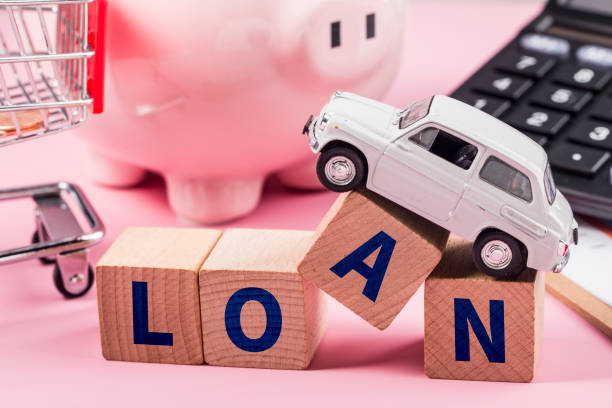
If you’re like most people, your car payment is probably one of the biggest expenses you have each month. But if you’re feeling squeezed by high car payments, there are a few things you can do to lower them without refinancing your car loan. Here are some tips to get started:
1. Extend Your Loan Term
Extending your loan term with your current lender will increase the amount of time you have to pay off your loan, but it will also lower your monthly payments. For example, if you originally had a four-year loan with payments of $400 per month, extending your loan term to five years could possibly lower your monthly payments to around $320. Keep in mind that you will end up paying more in interest with this option.
2. Make a Larger Down Payment
Making a larger down payment can lower your monthly payments in two ways. First, it will reduce the amount of money that you need to finance, which should, in turn, lower the interest rate on your loan. Second, a larger down payment will also shorten the length of your loan, meaning that you will have fewer payments to make overall.
3. Trade-In Your Car
If you are eligible to trade in your car, the dealership will often give you credit towards the purchase of a new vehicle. You can apply this credit to the down payment, which will reduce the amount of money you need to finance and lower your monthly payments.
Moreover, if you have equity in your car, you can use that equity to further reduce the amount of money you need to finance. Equity is the difference between the balance of your loan and the value of your car. If you have equity, you can use it as a down payment on a new vehicle, reducing the amount of money you need to finance– lowering your monthly costs even more.
4. Make Extra Payments
When you make an extra payment on your car loan, you are essentially paying down the principal of the loan. The faster you pay down the principal, the less interest you will accrue over the life of the loan. In other words, making an extra payment now can save you money later.
An extra payment can make a big difference. Let’s say you have a $20,000 loan with an interest rate of 4%. If you make no additional payments, it will take you 60 months to pay off the loan, and you will end up paying $23,622.78 in total, including interest. However, if you make one additional payment of $200 per month, you can pay off the loan in just 48 months and save yourself $1,522.78 in interest.
When is the Best Time to Refinance a Car Loan?
If you’ve managed to improve your credit score since taking out your loan, you may qualify for a lower interest rate, which could save you money over the life of the loan. Sometimes, even if you’re doing okay with your current car loan, it can still make sense to refinance. If you’ve managed to pay down a significant amount of your principal loan, you may be able to reduce the length of the loan, which will also save you interest costs.
The Bottom Line
So, remember, there are a few ways that you can lower your car payments without refinancing. By extending the loan term, making a larger down payment, trading in your car, or making extra payments each month, you can save yourself some money on your monthly bills.
If you find that you are in a good financial position and are ready to refinance your car loan, be sure to do your research and compare interest rates from different lenders. When it comes time to make a decision about your car payments, remember that there is more than one way to reduce them.


































